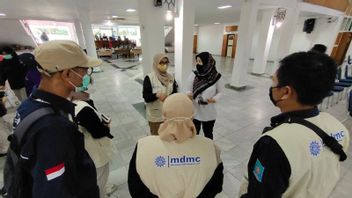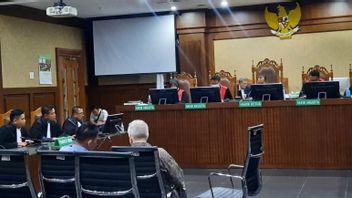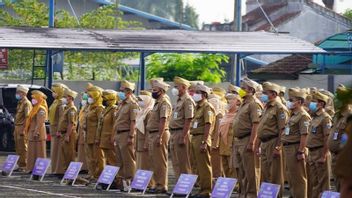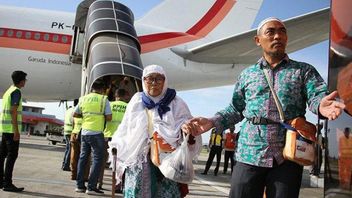
SOCIAL observer from Pakuan University, Dr. Agnes Setyowati, mentioned the need for a cultural approach to overcome the phenomenon of several domestic violence cases that have recently occurred in Bogor Regency, West Java.
"In the cultural context, domestic violence is not only influenced by individual factors, but also by the norms and values that develop in society," Agnes said in a statement in Cibinong, Sunday.
After the case of domestic violence (KDRT) that befell a celebrity, Cut Intan Nabila in Sukaraja, this time happened to NS who is also a resident of Sukaraja. NS is dying after being stabbed by her husband, SN (36) using a machete in several parts of NS's body.
Agnes said it was important to understand the causes, impacts, and ways of resolving domestic violence from a cultural perspective. One of the causes of domestic violence, he said, is the cultural norm that considers men as heads of families to have dominant power. Because in many cases, society still upholds the view that puts women in a subordinate position.
SEE ALSO:
"This creates space for men to commit violence as a way to maintain control and authority in the family," said Agnes.
In addition, economic factors also play an important role. Many families experience economic difficulties, which can cause stress and strain in the household.
When the economic burden gets heavier, there are individuals who seek an outlet through violence. In this context, said Agnes, economic instability can trigger conflict and violence, which is often directed at family members, especially women and children.
The impact of domestic violence is very broad and detrimental, not only for victims but also for the community as a whole. Victims of domestic violence, especially women, often experience prolonged physical and psychological trauma.
This can disrupt their mental health and hinder their ability to contribute in society. Children who grow up in domestic violence are also at risk of developing problems, both physically and emotionally.
"They may imitate the violent behavior they witnessed, thus creating a cycle of violence that is difficult to break," said Agnes.
From a social perspective, domestic violence can damage the structure of families and communities. When violence becomes commonplace, mutual trust and solidarity in society will decrease. In addition, stigma against domestic violence victims often makes them reluctant to report the incident, which in turn worsens the situation and hinders prevention efforts.
According to Agnes, to overcome domestic violence in Bogor, a cultural-based approach is very important. First, education and counseling on human rights and gender equality must be improved.
"The public needs to be given an understanding that violence is not a solution to resolving conflicts and that every individual has the right to live without violence," he said.
The English, Chinese, Japanese, Arabic, and French versions are automatically generated by the AI. So there may still be inaccuracies in translating, please always see Indonesian as our main language. (system supported by DigitalSiber.id)















